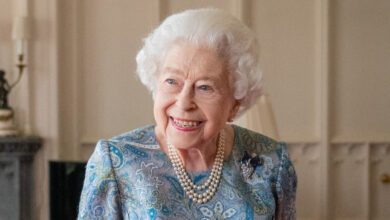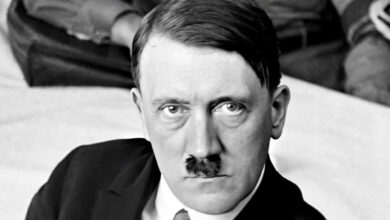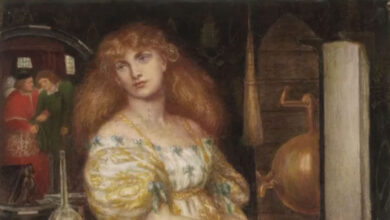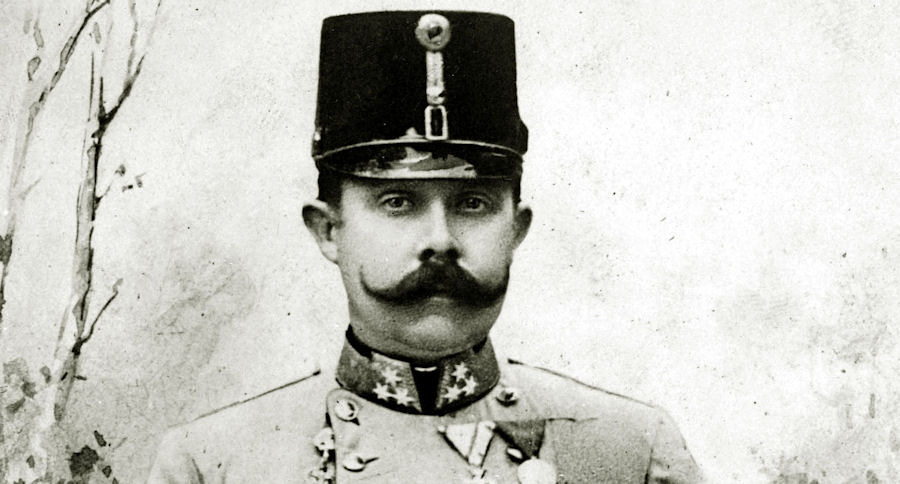
Podcast: Play in new window | Download
Subscribe: Spotify | Amazon Music | Youtube Music | RSS
Archduke Franz Ferdinand of Austria Biography
Archduke Franz Ferdinand Carl Ludwig Joseph Maria was born on 20 November, 1875 in Graz, Austria. It is his assassination that is credited with triggering World War I, though this was really just the tipping point in a complex geo-political web that led to the greatest loss of life in human history.
Franz Ferdinand is now buried in Austria at Artstetten Castle along with his beloved wife Sophie, but he began his life with much promise.
He was the eldest son of Austrian Archduke Karl Ludwig, who ascended to the throne due to a tragic suicide. Crown Prince Rudolf had taken his own life and that left the throne to the elder Archduke, but Archduke Ludwig died just a few years later of typhoid fever. Ferdinand thus ascended to the throne himself as a result. His cousin, Duke Francis V of Modena, had left him with a sizable sum of money at the tender age of 11, making Ferdinand one of the richest people in all of Austria as well as the new leader of the country.
Although he held a great responsibility to run one of the most powerful countries in Europe, Ferdinand found time for his passions including travel to India, Australia, and Japan. He was excessively fond of hunting and would record each kill. During his lifetime he tagged an estimated total of 300,000. He earned hundreds of thousands of trophies for hunting as well as bolstering his collection of antiques, another great passion.
Franz Ferdinand, like many ruling males in his line, joined the Austro-Hungarian Army when he was young. Quickly promoted, he went from being a lieutenant at age fourteen to earning the rank of major general at age thirty-one. Still unmarried, Franz Ferdinand met the Countess Sophie Chotek in Prague in 1894. Although Sophie was not eligible to marry the archduke, Ferdinand was so in love with her that they maintained a secret relationship through writing letters, Ferdinand refusing to marry anyone else.
In 1899 they received permission to marry on the understanding that it would be a morganatic marriage, meaning Sophie would not have any rights one would normally have as wife of an archduke. Any children they had as well would not be able to succeed the throne. Although this was the case, they had four children together: Princess Sophie of Hohenberg, Maximillian Duke of Hohenberg, Prince Ernst of Hohenberg, and another son who was unfortunately stillborn.
As an individual, Franz Ferdinand has had some interesting historical perspectives written about him. He has been described by historian Michael Freund as, “a man of uninspired energy, dark in appearance and emotion, who radiated an aura of strangeness and cast a shadow of violence and recklessness… a true personality amidst the amiable inanity that characterized Austrian society at that time.” His interest in hunting was considered excessive even compared to European nobility standards. This may be the way in which he expressed his emotions from the difficulty of losing his father and cousins at a young age. Religiously, Franz Ferdinand was Roman Catholic which may have been more of a family heritage than a personal decision.
Politically, there has been disagreement among the historical community regarding Franz Ferdinand’s political views. Depending on who you read, you will find some who say he was quite liberal, while others believe the Catholicism he ascribed to made him a conservative. As if that was not confusing enough, still others believe he was a dynastic centrist. He endorsed the idea that would give more autonomy to some ethnic groups within the Austrian Empire and considered their grievances, particularly for the Czechs in Bohemia and the southern Slavic peoples in Bosnia and Croatia.
However, Franz did not feel as magnanimous towards the Hungarians, describing them as, “all rabble, regardless of whether they are minister or duke, cardinal or burgher, peasant, hussar, domestic servant, or revolutionary”. This is, of course, an unfortunate over generalization. It was derived from the fact he felt threatened by the Hungarians, particularly believing that Hungarian Nationalism was a revolutionary threat to the Hapsburg Dynasty. He also felt that the Hungarian branch of the Dual Monarchies Army was an unreliable and potentially threatening group, so he failed to support the formation of Hungarian forces artillery units.
In the throes of world-wide mounting tension, Archduke Franz Ferdinand was assassinated on Sunday, 28 June, 1914. He and Sophie were both shot to death in Sarajevo, the capital of Bosnia-Herzegovina, by nineteen-year-old Gavrilo Princip. Gavrilo Princip was a member of Young Bosnia, a socialist-inspired group whose emphasis was tyrannicide.
Princip was just one of a group of assassins organized and armed by the Black Hand, a terrorist group that wanted to unite all the territories with a South Slavic majority that weren’t ruled by Serbia or Montenegro. While in their car, Princip shot Franz Ferdinand in the neck while his wife Sophie was shot in the abdomen. Being too young to receive the death sentence, Princip was put in prison and died of tuberculosis only three years later.
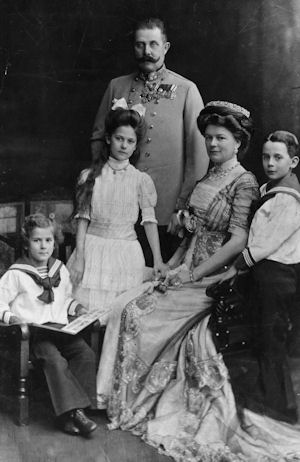
June 28th, the day of the assassination, was a significant day for several reasons. For one, it was the anniversary of his marriage to his beloved wife Sophie. Secondly, June 28th was the anniversary of the First Battle of Kosovo in 1389, a day on which in medieval times, Serbia was defeated by the Turks. Although it wasn’t until the Second Battle of Kosovo in 1448 that Serbia lost its independence, June 28th was a very significant day for Serbian Nationalists and one on which they decided to make a demonstration against Austrian imperial strength in Bosnia.
As the saying goes, Rome didn’t fall in a day, so too while the Archduke’s assassination is generally considered the beginning of World War I, there was already world-wide political tension. His assassination must be combined with an arms race, imperialism, nationalism, militarism, and the alliance system, as all are related to the beginning of World War I which officially began a month after Archduke Franz Ferdinand’s death due to Austria-Hungary’s declaration of war against Serbia.
It would be unfortunate to be remembered mainly for your assassination and the beginning of one of the worst wars in human history, but as you can see, Archduke Franz Ferdinand was a rich person in many ways not only monetarily, but also historically.
Podcast: Play in new window | Download
Subscribe: Spotify | Amazon Music | Youtube Music | RSS

